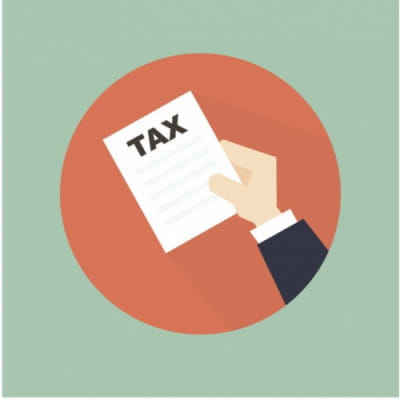Bringing more people under the tax net

The finance minister recently stated that it is the government's intention to bring 10 million people under the tax net. That is a mammoth target since presently, only about 2.0 to 2.2 million people are connected to the taxation system through their Tax Identification Number (TIN). It is good that the issue of expanding the tax net is now actively under consideration as a major source of tax revenue and is being prioritised. We are told that the potential number of tax payers in the country is 40 million. At present, only a paltry 5 percent are paying taxes. The tax-GDP ratio points to the health of an economy and Bangladesh is at the lower end of world rankings. European countries are at the top of the rankings while South Asian nations form the lower rung of rankings. It is not clear how the target of 10 million will be achieved but aiming higher will certainly help the National Board of Revenue (NBR) break out of the historically lower rates of people actually paying taxes.
However, to break from the past, something needs to be done to make the tax regime more people-friendly. Several steps have been taken by NBR over the last few years to make the process of paying taxes easier, which has actually helped people to file more tax returns. These include tax fair, tax rebate, e-information services and making filing tax returns easier. But as pointed out in a survey carried out by the Centre for Policy Dialogue (CPD) in 2018, which covered 1,200 respondents with taxable income, only 32 percent had paid income tax the previous year. About a quarter of the participants belonged to the affluent class but failed to pay taxes. The study titled "Potential of Personal Income Tax in Bangladesh: An Examination of Survey Data" sheds light on the issue in some detail.
We find that three-fourths of the respondents are of the opinion that the tax system favours the elite while 65 percent believe that corruption is prevalent in the taxation system and the system overall is very complex. So, there is a negative perception about paying taxes and one that fails to promote payment. As pointed out by the NBR chairman, although there are 3.5 million registered tax payers in Bangladesh, around two million submit returns. And although tax return submission is increasing, much more needs to be done. A former advisor to the caretaker government has pointed out that Bangladesh's per capita income is almost double that of Nepal and yet the tax-GDP ratio in the country is lower than Nepal's by 14 percentage point.
The focus of the upcoming budget (FY2019-20) revolves around a much higher revenue collection of Tk 3.97 trillion, where NBR's revenue target is around Tk 3.4 trillion. The cornerstone of that target is the expansion of income tax and VAT net which will help reduce dependence on foreign aid and grant and also help the government to carry out its development work in infrastructure, social and education sectors. While the finance minister has been talking about not raising income tax, the additional resources will inevitably have to come from an improved revenue collection. There are not enough tax offices in the country. These need to be established and fresh recruitment should be initiated if the government wishes to tap into rural incomes for the purposes of tax collection. Human resource constraints within NBR need to be tackled. Hiring of staff with special skills is mandatory for a modern tax administration.
Some of the CPD study's findings point out that more educated people employed in the formal sector of the economy were likely to pay taxes. Hence, it is imperative for the policymakers to concentrate on the formal sector to bring a greater share of the workforce under the income tax net. The return form for tax return should be simplified to help encourage self-assessment for people belonging to lower-income groups. To encourage lower-income households to become tax payers, incentives can be given in the form of public services like easy access to education for children, health care in public hospitals, etc.
One of the biggest stumbling blocks to getting more people to pay taxes is the fear of the tax man. This needs to change and that can only happen if the process of paying taxes can be done in a transparent manner. While reforms have been talked about for many years, things have not changed much due to internal resistance. The general perception that the tax office is not graft-free is a problem. That, coupled with the feeling that taxes are not for the wealthy and well-to-do, has much to do with the generous tax exemptions given to richer groups. People need to feel that the money they are paying in taxes translates into better public services like education, health, infrastructure and social protection. These issues need to be tackled head-on if there is to be a meaningful expansion of the tax net.
Syed Mansur Hashim is Assistant Editor,The Daily Star.

 For all latest news, follow The Daily Star's Google News channel.
For all latest news, follow The Daily Star's Google News channel. 



Comments